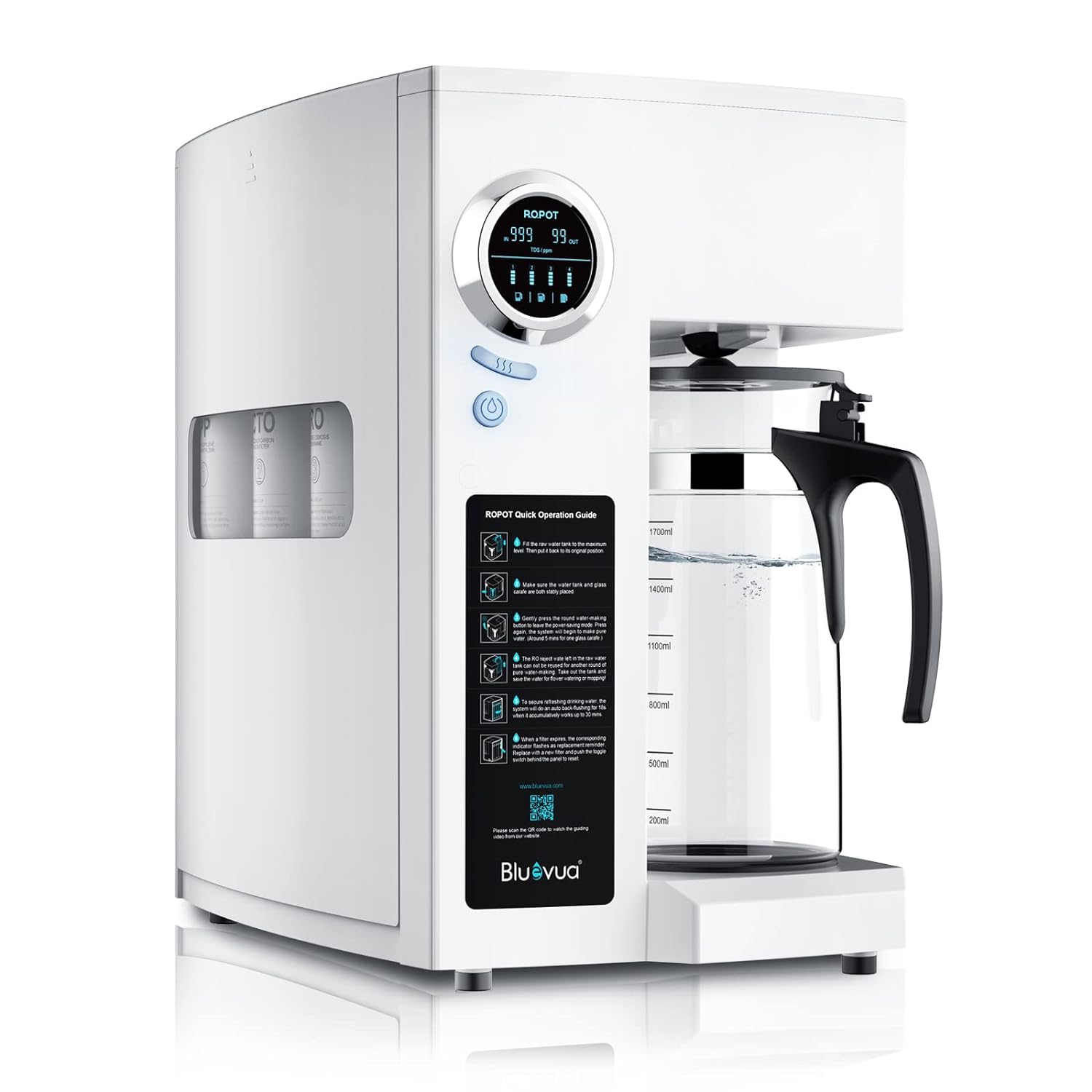slowone
Jedi Master
Hi all,
Have been weighing up investing in a Reverse Osmosis water filter for a while now. Obviously there are many internet sites that sell them and the prices seem to vary greatly.
Does anyone who has one have any advice about what to look for? I was thinking of fitting it myself as certainly some sites say it is a DIY job not a plumbing job.
I thought around £150.00 was our budget, but as I say should I be wary of the cheaper models or are the differences just convenience not quality of purification ? (for instance).
Any advice would be great.
Have been weighing up investing in a Reverse Osmosis water filter for a while now. Obviously there are many internet sites that sell them and the prices seem to vary greatly.
Does anyone who has one have any advice about what to look for? I was thinking of fitting it myself as certainly some sites say it is a DIY job not a plumbing job.
I thought around £150.00 was our budget, but as I say should I be wary of the cheaper models or are the differences just convenience not quality of purification ? (for instance).
Any advice would be great.

